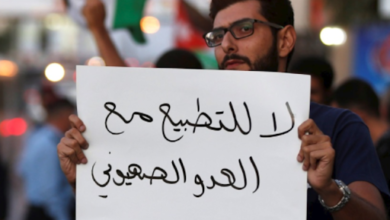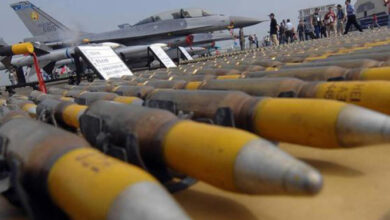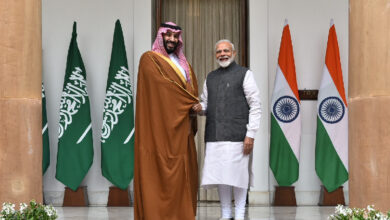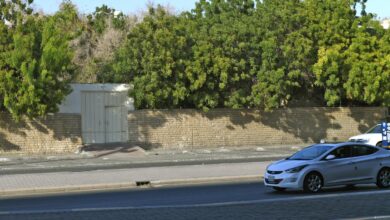Human rights organization: Freedom of the press in KSA is shackled
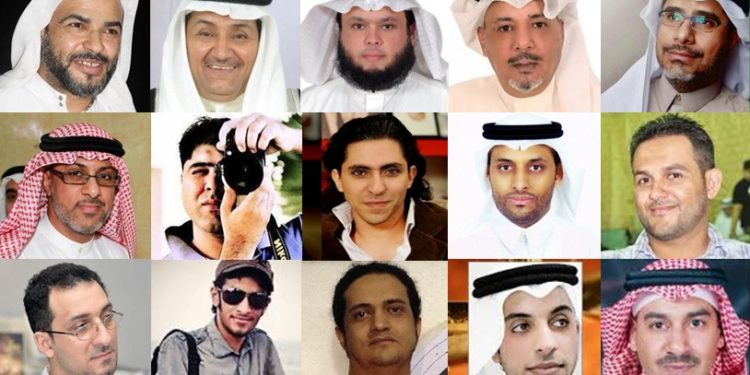
On the World Press Freedom Day, which falls on the third of May every year, the European Saudi Human Rights Organization affirmed that freedom of the press in the Kingdom is constrained by the practices of the government of the Saudi regime and there is no freedom on the horizon.
The organization said in a statement on its website, “while the world celebrates the World Press Freedom Day on the third of May each year, the Kingdom continues to practice various methods of repression against the press and its journalists, by preventing all kinds of free expression of opinion, in addition to pursuing arrests and prosecution of its practitioners.”
A writers, journalists and bloggers in the Kingdom are behind bars, because they express opinions that Saudi Arabia classifies as a crime. In the beginning of 2017, the court in Saudi Arabia sentenced writer Nazir Al-Majed to seven years in prison for his writings in which he demanded rights.
While journalist Alaa Burnji is serving a seven-year prison sentence on the background of charges including tweets on Twitter and other charges related to his expression of opinion, the photographer Jassim Makki Al-Safar is serving a 7-year prison sentence, including charges for uploading photos and meeting foreign journalists.
The government of the Saudi regime was not satisfied with the prosecutions and arrests. In February 2014, it killed the cameraman Hussein Al-Faraj while photographing the violations he was doing in storming the houses, and before that she killed the photographer Zuhair Al-Saeed in February 2012 while he was filming a demonstration in the city of Awamiya.
The Saudi authorities also sentenced the poet Ashraf Fayyad to death for his poems before his sentence was reduced to eight years in prison in a decision that has not been decided yet. Whereas, the blogger Raif Badawi was sentenced to 1000 lashes with ten years in prison.
The poet and writer Adel al-Labbad was sentenced to thirteen years in prison for some of his poems denouncing the killing of demonstrators, and for his writings in which he demanded rights and freedoms.
In addition, the Saudi authorities arrested the writer Trad Al-Omari since November 2016 on the background of articles calling for reform, and the writer Zuhair Kutbi was sentenced to four years in prison for his demand for reform during a television interview, while the journalist Sheikh Wajdi Al-Ghazzawi was sentenced to twelve years because of his media contributions that he criticized corruption and demanded change. Likewise, the writer Muhammad Al-Khuwaildi, Sheikh Jalal Al Jamal, the journalist Ali Jassib Al-Huwaifa, and the writer Zakaria Safwan, remain in detention.
This reality, in addition to preventing free media outlets and restricting all social media, reflects the level of press freedom in the Kingdom.
In its annual report, Reporters Without Borders considered that the situation in it is very dangerous and in permanent decline, as it is ranked 168, down three points from last year. The organization also places King Salman bin Abdulaziz on its list of press freedom hunters.
Freedom House indicated in its report that the Kingdom is not a free country, nor does it have a freedom of information law that allows the public to access it, nor does it reveal sensitive issues including government spending and granting members of the ruling family.
The European Saudi Organization for Human Rights affirmed that the reality in the Kingdom is heading towards more melancholy regarding press freedom in it. While politicians promote changes on several levels in the country through Vision 2030, the freedom of the press in the country has not received any kind of attention even on the propaganda level.
The organization notes that as the world celebrates World Press Day highlighting the role of the media in building and protecting society, journalists, bloggers and writers in Saudi Arabia face harsh penalties simply for expressing their opinion.
The organization stressed the importance of working seriously and effectively at the international level to urge the Saudi government to fulfill its obligations, and to promote freedom of the press and the protection of its practitioners, and not to throw them behind prison bars because of exercising their guaranteed rights.

